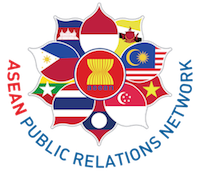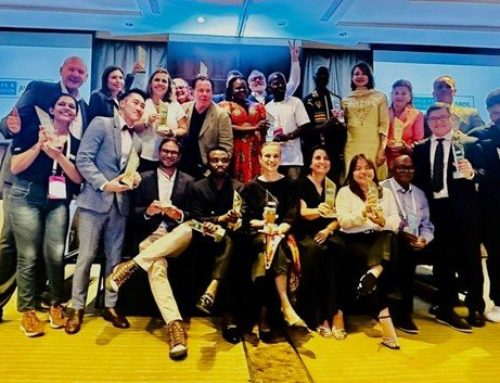If a winning, effective public relations campaign rests on its press clippings, could anyone have predicted president-elect Rodrigo Duterte’s landslide win based on news blurbs alone?
Barely a month before elections, numerous international websites ran commentary about the president-elect’s now-infamous “rape joke” and The New York Times’ Floyd Whaley was moved to remark that “there remains widespread outrage over Mr. Duterte’s rape remark. Although it is not clear if his supporters will abandon him on Election Day, many say the comment proved he was unfit for office.”
What effect did all that rape joke press have? An 11% surge in online conversations about Duterte…an amazing statistic, considering that Facebook had earlier already crowned him as the “Undisputed King of Facebook Conversations.”
Warren Buffet once said, “It takes 20 years to build a reputation and five minutes to ruin it. If you think about that, you’ll do things differently.” Reputation-based crisis management recognizes this, and seeks to immediately mitigate any damage and minimize escalation. Timely and transparent communication is the key to calm any public outcry. In fact, effective PR seeks to avoid this problem in the first place.
Out-Trumping Trump
Rodrigo Duterte, however, seems to have missed the memo. He surged on to eventual electoral victory, despite a storm of unapologetic statements and bad press that would have sunk (and indeed, have sunk) other candidates, personalities, and organizations. What did Duterte understand about PR that the other candidates did not?
To understand the Duterte phenomenon, we have to look at another polarizing, but successful, political figure from across the ocean. As Asia Foundation’s Maribel Buenaobra noted about the Washington Post’s article on the Dutere’s rape joke: “[C]ommentators [likened] him to GOP candidate Donald Trump.” International comedian John Oliver later made a video calling him exactly that: the Trump of the East.
Duterte downplays the parallels (“Trump is a bigot, I am not,” he told the Philippine Daily Inquirer), but the similarities of their messaging—a straight-shooting approach that does away with both political correctness—makes it seem as if they’d cribbed from each other’s PR playbooks. They may come from different political backgrounds and advocate different things, but the strategies they used to woo voters seem to be exactly the same.
The Game Has Changed
Both Trump and Duterte recognized that the social media landscape had changed. It’s not just about the likes anymore; it’s about the conversations they create. Consider that Miriam Defensor-Santiago is the candidate with the most likes on Facebook—and the least votes come election time. Meanwhile, Duterte, for good or ill, dominated the social media conversation. That dominance echoed in the real world as well; not just in the surveys, but in the innovative 7-11 “7Election” polls as well, where Duterte-branded Gulp cups vastly outsold the competition.
A rich social media landscape—with 55% of Filipinos owning a mobile, and 41 million of them active on these platforms—means that passionate discourse is the new currency of public relations. “Relevant content is content that engages people,” reflects Doy Roque of M2.0 Communications, whose own firm specializes in digital marketing and content creation. “You get this kind of engagement by crafting the authentic narratives that get people talking.”
Nailing that “authentic” discourse became the key factor in Duterte’s narrative. Just as Trump did in the United States, his contrarian, anti-establishment, take-no-prisoners tone connected with a mass base in the way other candidates could not. Not even Vice President Binay’s pro-poor messaging could not stand up against Duterte’s brashness. “Tapping into a deep-seated discontent, the Davao mayor seemed to embody the frustrations of a nation,” says Roque. By doing so, he engendered a deep loyalty that cut across social classes, dominated social media comment threads, filled his colorful rallies, and ultimately brought votes to the ballot.
As public relations expert Ron F. Jabal once asked, “Why do consumers behave this way? Why do they profess undying patronage despite possible product flaws or criticism from others—even becoming spokespersons and evangelists of the brands?” For him, this is the result of effective brand communication—featuring an uncompromising tone, a strong social media presence, and a deep, personal connection—that fosters both love and respect. Earn those, and you earn unstinting loyalty.
It’s a message that Duterte’s campaign took to heart—and one that future PR campaigns should pay close attention to. For what is love and respect if not the mirror of our incoming president’s own professed values? What is love and respect, if not a mirror of Duterte’s own tapang at malasakit?
http://pageone.ph/public-relations-in-the-age-of-rodrigo-duterte/






